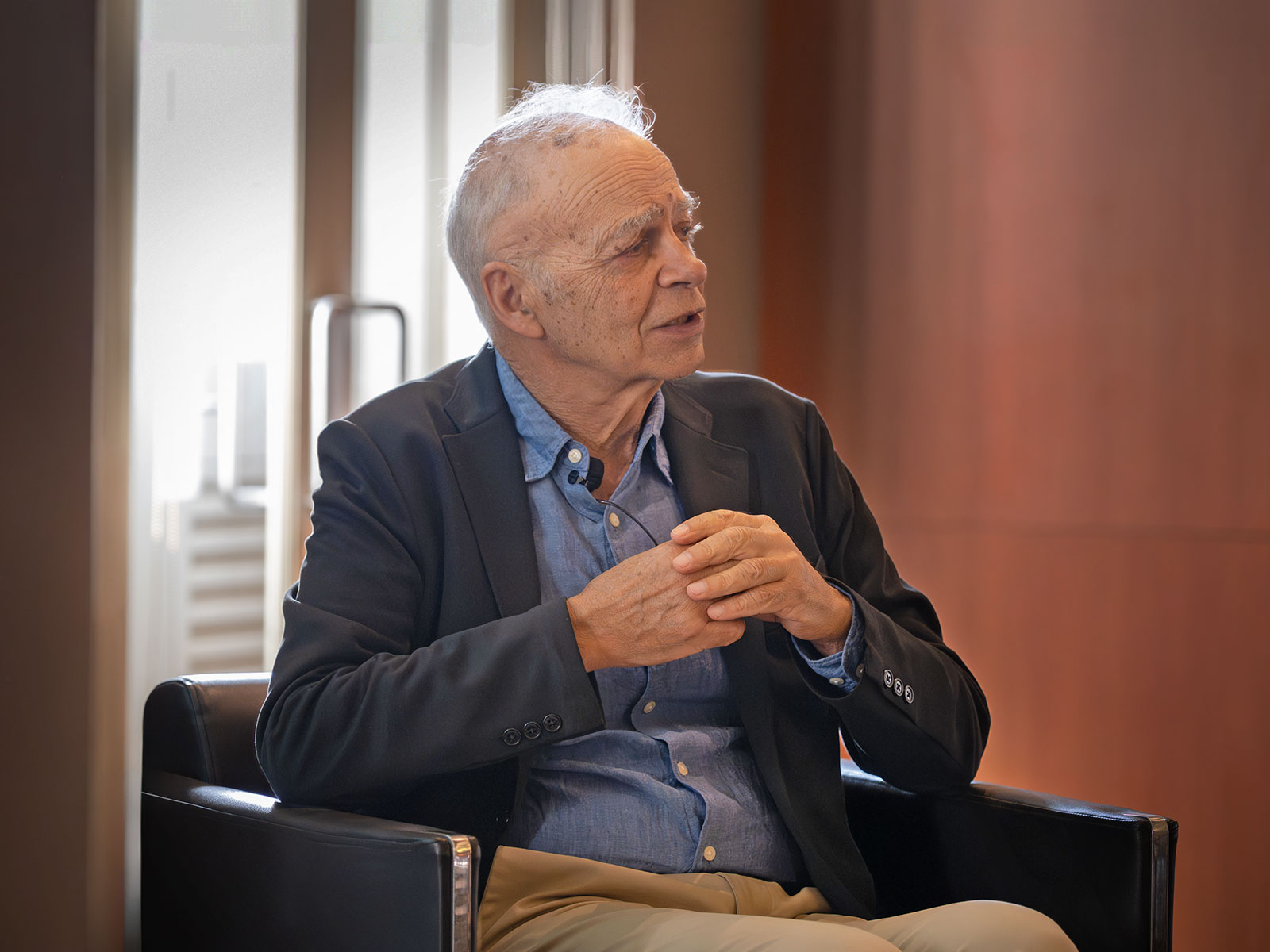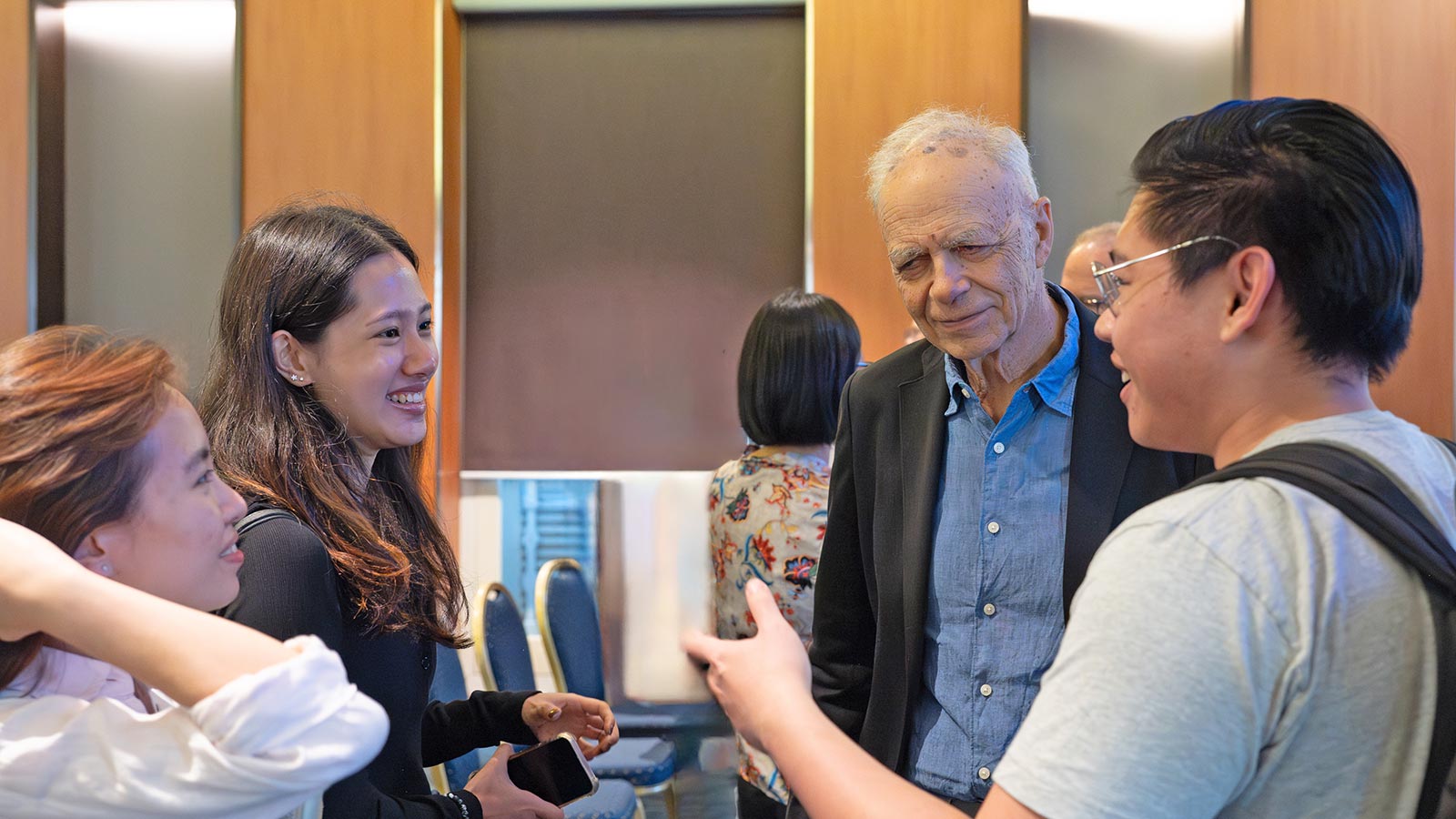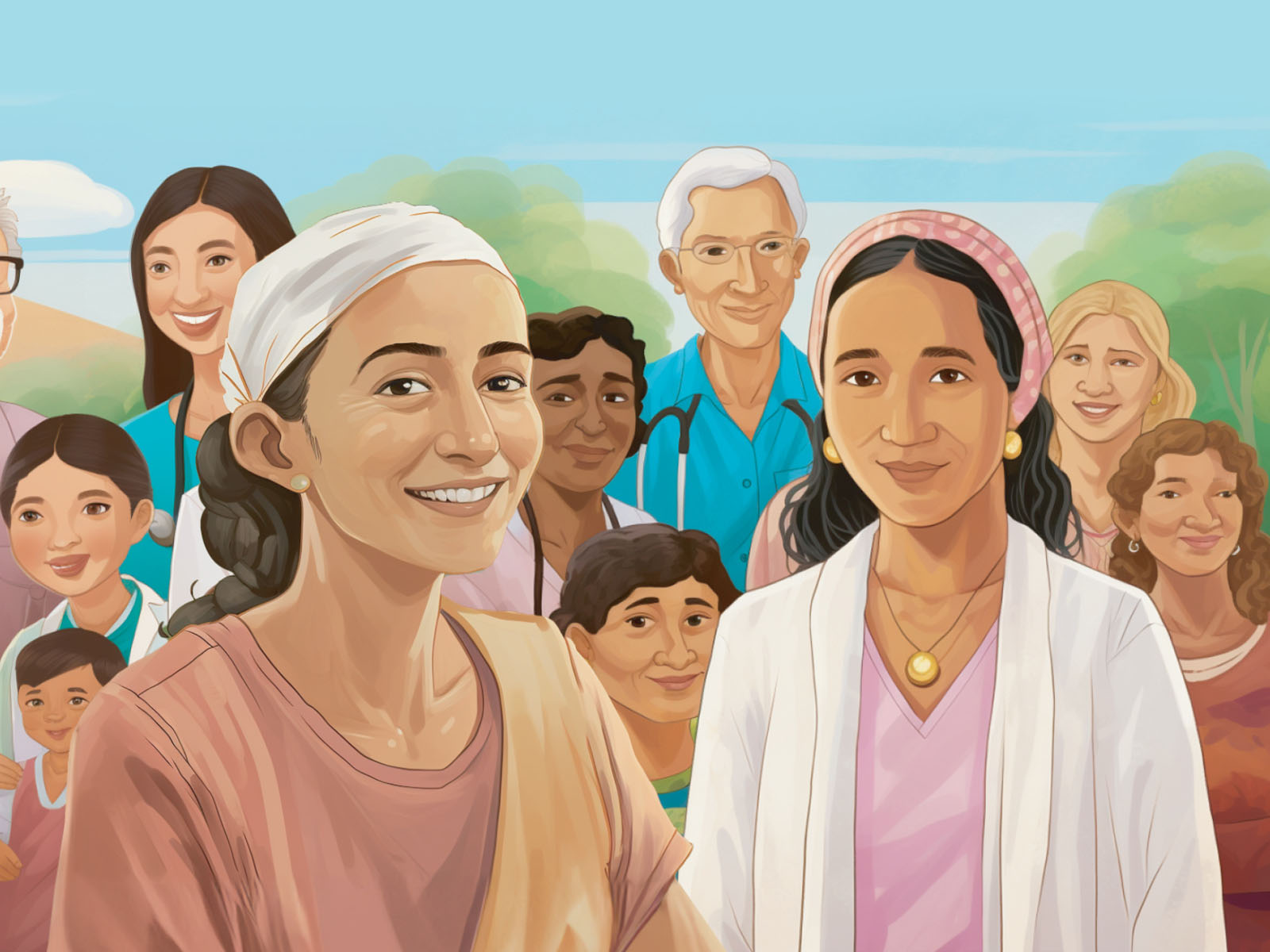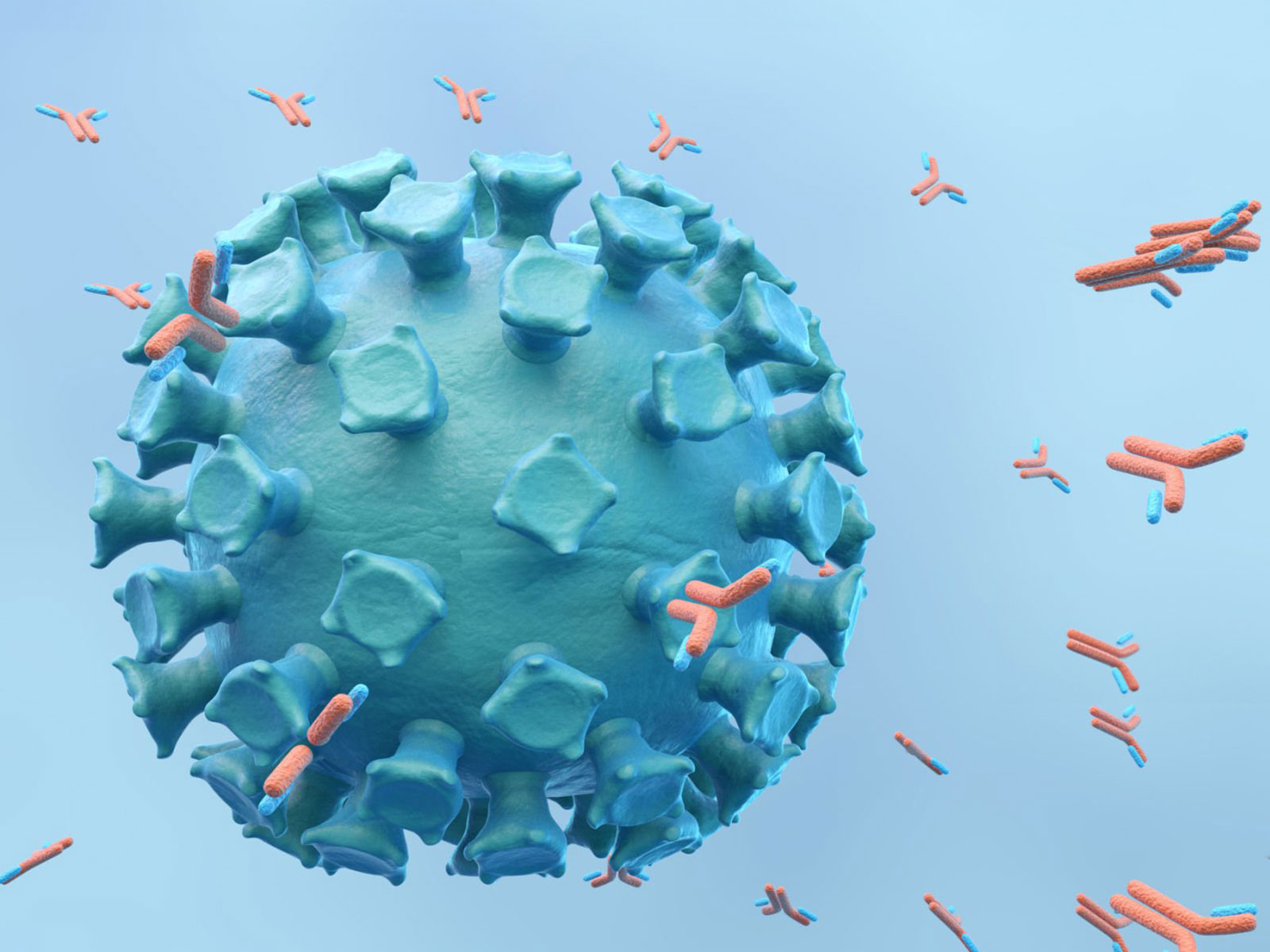
Issue 48
Nov 2023
ETHICALLY SPEAKING
By Neal Ryan Rui Yang Friets, first-year PHD student at the YONG LOO LIN SCHOOL OF MEDICINE, NATIONAL UNIVERSITY OF SINGAPORE (NUS MEDICINE)

Professor Peter Singer, Ira W. DeCamp Professor of Bioethics at the University Center for Human Values at Princeton University, delivered the second Global Ethics Lecture organised by the NUS Centre for Biomedical Ethics recently, on 24 August 2023. He highlighted five lessons to be taken away from the COVID-19 pandemic, in the areas of: (i) Allocating ICU beds, (ii) Using human volunteers for challenge trials, (iii) Lockdowns, (iv) Vaccine mandates and distribution, and (v) Preventing future pandemics.
Prioritise fitter, younger patients for ICU admission
Prof Singer advocated that ICU admissions should be based on maximising utility, as some countries did at the height of the pandemic when faced with bed shortages. Those who would be likely to survive if given treatment, and have more years ahead of them, should be prioritised, rather than the first-come-first-served system. Prof Singer rebutted claims of ageism, stating it is merely a fact that older persons will live less long if their life is saved, and quality of life starts to decline after a certain age. Thus, the utility of saving a much older person over a younger one is difficult to justify.
A reasonable and less objectionable alternative Prof Singer raised was also prioritarianism, where ICUs prioritise those who are more likely to die. This would still be better than the current lottery system, and lead to greater benefit for society overall.
Use of volunteers in human challenge trials
Moving on to human challenge trials, Prof Singer proposed applying the principle of risk parity to human research on vaccines. Society viewed it as permissible to expose some members of society (such as healthcare workers) to a given level of risk because the cost of not doing so would have been too great for others. Therefore, Prof Singer asserted that it would also be permissible to expose fully informed volunteers to a comparable level of risk in the context of promising research into a given pandemic disease.
As each day delaying a vaccine during the COVID-19 pandemic cost thousands of lives, the risk parity principle should have been applied to research in the same way it was for the healthcare industry and other frontline sectors.

of the world population received at least one dose of a vaccine with a majority of the unvaccinated coming from low-income countries
Vaccines
The third lesson Prof Singer identified as a takeaway from the pandemic was regarding vaccine mandates and distribution. He posited the justification of mandating vaccination as a case of soft paternalism, where a large portion of the population was opposed to vaccination based on misinformation or false beliefs, and where it would be therefore justifiable to ensure they are correctly informed before allowing them to not be vaccinated. Another stronger justification was Mill’s harm principle, as Prof Singer cited evidence that not being vaccinated increased the risk of harm to others, especially in vulnerable settings such as hospitals and care homes.
Regarding vaccine distribution, he took a utilitarian view that it should be done to maximise benefit to society as a whole. For example, healthcare workers should be given the highest priority since they are integral to saving lives. Additionally, those at greatest risk of dying should get priority despite having fewer years left to live on average. Since younger people had a lower risk of death, vaccinating them first would be less beneficial overall.
Addressing objections about racial bias in vaccine distribution, Prof Singer replied that race should only be considered where it indicates higher medical risk.
Furthermore, he highlighted that it is crucial to strike a balance in global distribution, where the priority should be on maximising life-years globally, and not focused on a single country. Despite 72% of the world having received at least one dose of a vaccine, a majority of the remaining 28% comprised members of low-income countries. While the age distribution in these countries is much lower, and therefore prioritising vaccines to them may have saved fewer life-years overall compared to higher-income countries, there is an element of distributive justice that demands attention beyond mere objective calculation of life years saved.
A reasonable and less objectionable alternative Prof Singer raised was also prioritarianism, where ICUs prioritise those who are more likely to die. This would still be better than the current lottery system, and lead to greater benefit for society overall.
Lockdowns
Briefly addressing the permissibility of lockdowns early in the pandemic, he felt that a better means of assessing and comparing different harms and benefits is necessary to making more informed decisions regarding such drastic measures.
Future prevention
Concluding his lecture, Prof Singer discussed the prevention of future pandemics. He highlighted that a majority of new diseases originate from animals, and modern farming practices have only increased the chance for such diseases to mutate and transmit across species. Factory farming involves cramped conditions and greatly stresses animals, creating an ideal home for viruses to mutate.
Concluding thoughts
Prof Singer’s lecture was a good reminder of the necessity to draw lessons from the pandemic and the ethical issues faced. Even as the world continues to recover from its effects, we must look ahead and think of solutions to such problems that are justifiable and practical to implement, so as to reduce the tangible human costs in the next pandemic.

Prof Singer interacting with students from NUS Medicine, who attended the lecture.
More from this issue

ALL IN THE FAMILY
The Patient as Safety Partner
AFFAIRS OF THE HEART
Repositioning the Lower Jaw for Improved Sleep and Better Blood Pressure

A WORLD IN A GRAIN OF SAND
Antibodies, The Magic Bullets (Zauberkugel) in Medicine

